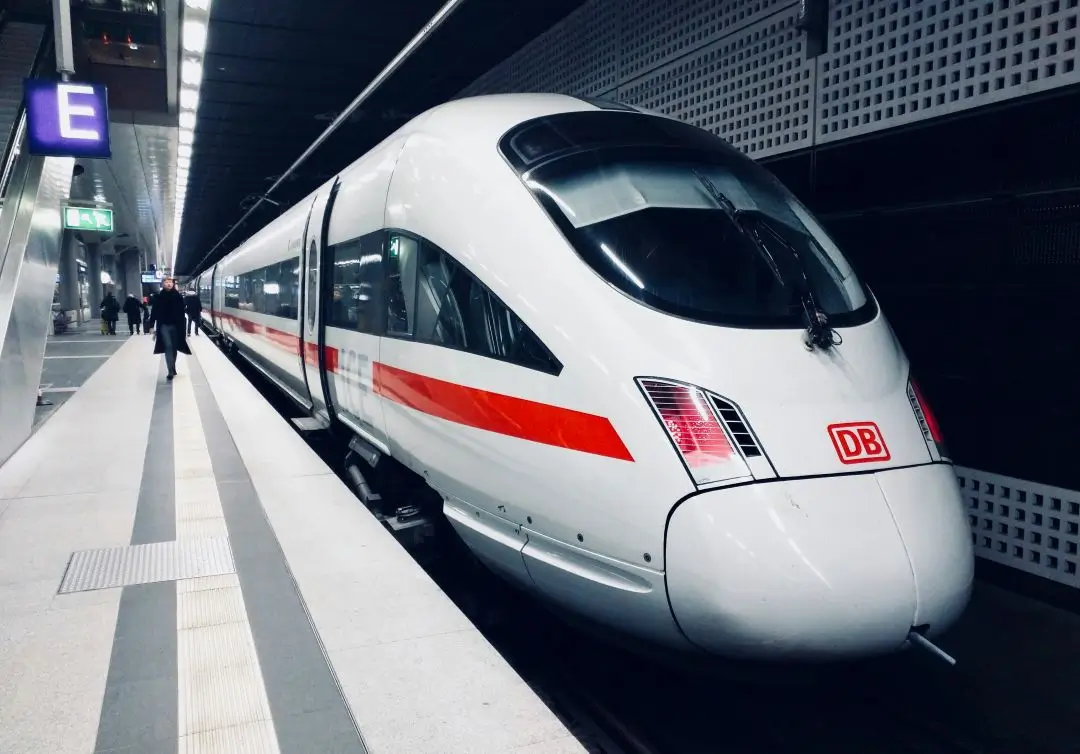
Germany's Federal Network Agency has published the results of its 2024 nationwide rail passenger survey, revealing widespread dissatisfaction among German train users regarding timetable reliability, sanitation, and information services. The results, released on May 12, 2025, are based on a comprehensive survey of over 2,000 passengers conducted via telephone between September and November 2024.
The study was carried out to better understand the experiences, expectations, and frustrations of rail passengers across Germany. The feedback now serves as a key reference point for shaping future transport regulation and infrastructure planning.
The survey results underscore the following key areas of concern expressed by passengers:
The survey reveals that over 80% of passengers prefer reliable train schedules over increased service frequency. Dissatisfaction with punctuality and train cancellations was especially high on long-distance services, where delays are not only more common but also more impactful.
Passengers clearly identified that the image of rail transport is most damaged by unpunctual and cancelled trains, confirming that timetable stability should be the top priority for operators like Deutsche Bahn and regional providers. This directly contradicts any strategy focused solely on adding new services without addressing underlying reliability issues.
Sanitation, particularly the availability and condition of toilets, emerged as a recurring complaint. Over half the respondents rated station and onboard restrooms negatively, especially on regional rail lines. While lighting and navigation at stations were viewed more favorably, toilet cleanliness and accessibility scored the lowest among quality factors.
The Federal Network Agency called on rail infrastructure operators and train companies to treat this issue as urgent and essential, not secondary.
Information provision also drew criticism. While mobile travel apps received positive ratings (only ~12% dissatisfied), nearly 30% were unhappy with station announcements and onboard displays. The disparity highlights the need for improved real-time communication, especially for travelers who may not have access to mobile apps, such as the elderly or tourists.
This is not just a convenience issue; passengers reported missing or altering journeys because of poor or delayed information, particularly during service disruptions or rail strikes.
The survey also covered passenger behavior during strike situations. A significant portion of travelers missed planned journeys due to strikes, with many switching to cars as an alternative, while a smaller group reported no feasible alternative, resulting in complete travel disruption.
These findings suggest the urgent need for:
Interestingly, leisure travel now outweighs work-related rail travel in most cases, partly due to the growing trend of remote work. With many “baby boomers” retiring and using trains for weekday leisure, there's a shift toward non-peak travel, potentially helping alleviate congestion and better distribute passenger loads throughout the day.
The 2024 survey identifies clear opportunities for improvement in:
By addressing these areas, Germany can move closer to its mobility goals, such as increasing the share of rail in the overall transport modal split, while also enhancing passenger trust in public transport systems.